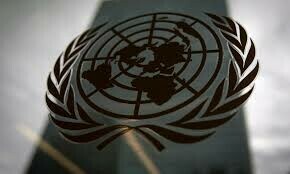The UN Human Rights Committee, which also periodically evaluates the rights records of other nations, has expressed concern about rising human rights violations in a recent review: Torture, eroding religious freedom, forced conversions, restrictions on free speech, a ban on student unions, restrictions on assembly, harassment of rights activists, crimes against women and children, the death penalty, and extrajudicial killings are all politically motivated oppression.
This point has been reached by successive governments, and specific state agencies can be held accountable for specific crimes like forced disappearances. Additionally, a culture of fear has been fostered as a result of the state’s inability to contain extremist religious groups.
Despite the significant scale of intimidation, a corrupt, inefficient, and unequal criminal justice system and structural flaws in the security apparatus are to blame for the rising crime rate. These factors, among others, have contributed to the widespread violence against women: For instance, the country has a rape every two minutes due to a conviction rate of three percent.
Regarding Pakistan’s children, not only are millions of them denied even the most fundamental rights like access to education and forced into manual labor, but the government also ignores their very existence: According to the review, only 42 percent of children under the age of five were born registered.
In the mean time, strict networks experience diligent oppression through the abuse of sacrilege regulations, while constrained transformations highlight the helplessness of the underestimated. As a result, the UN body found that the actual number was significantly higher than the state party’s claim of 74 cases of forced conversions.
The review serves as a reminder that our constitutional safeguards are merely aspirations and that the state actively suppresses dissent in KP and Balochistan, where movements protesting atrocities committed by the state and radical anti-state elements are growing, has no qualms about its citizens becoming missing. The power of the state has been encountered by even peaceful protesters.
It is unfortunate that institutions and social groups, including the judicial system, hold an attitude that views human rights as a benefit to the general public. It’s a strategy that stops the government from making policies that are good for people or strengthening departments for social development and protecting people from being exploited.
The state must take an all-encompassing approach rather than concentrating solely on Pakistan’s economic woes. It must comprehend that when elected representatives are held accountable for violations of human rights in their constituencies, policies conform to international standards, and the state has a heart, a new human rights regime will be established.



